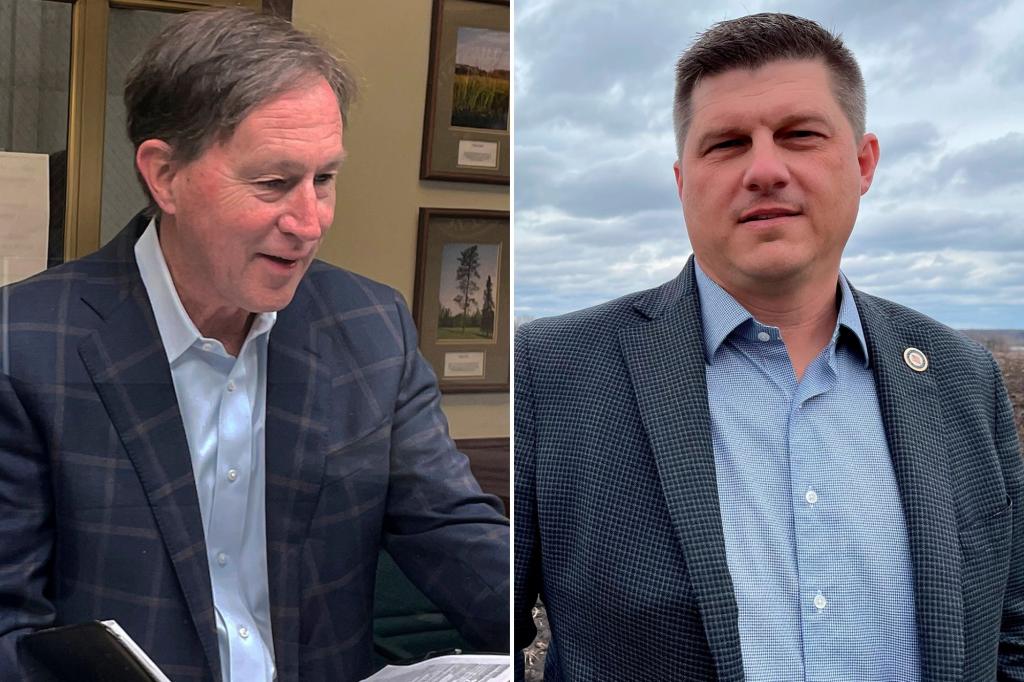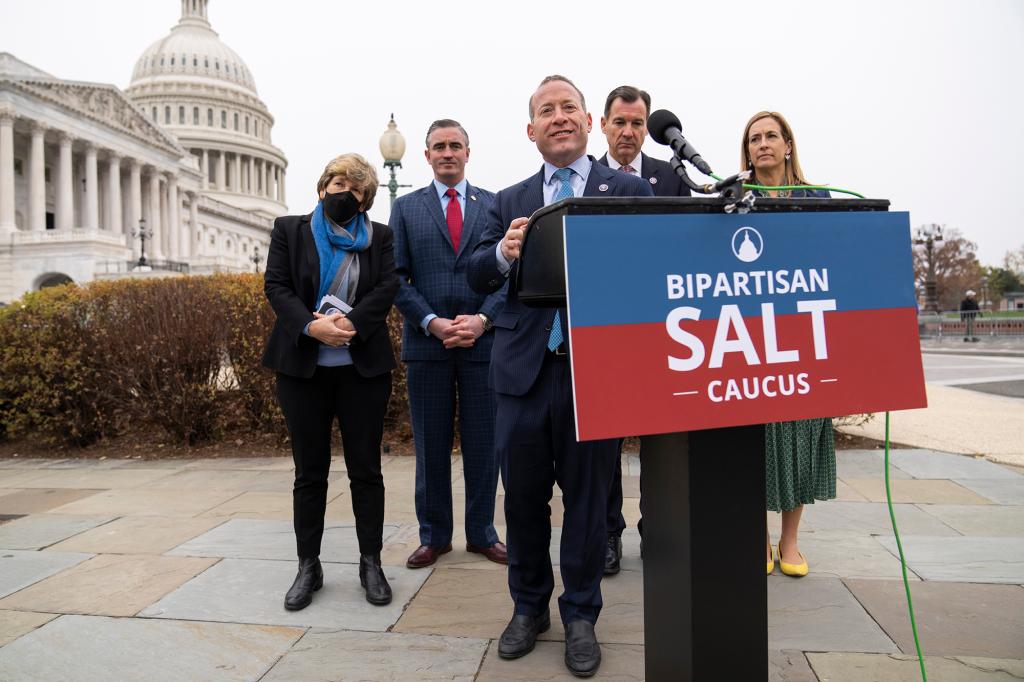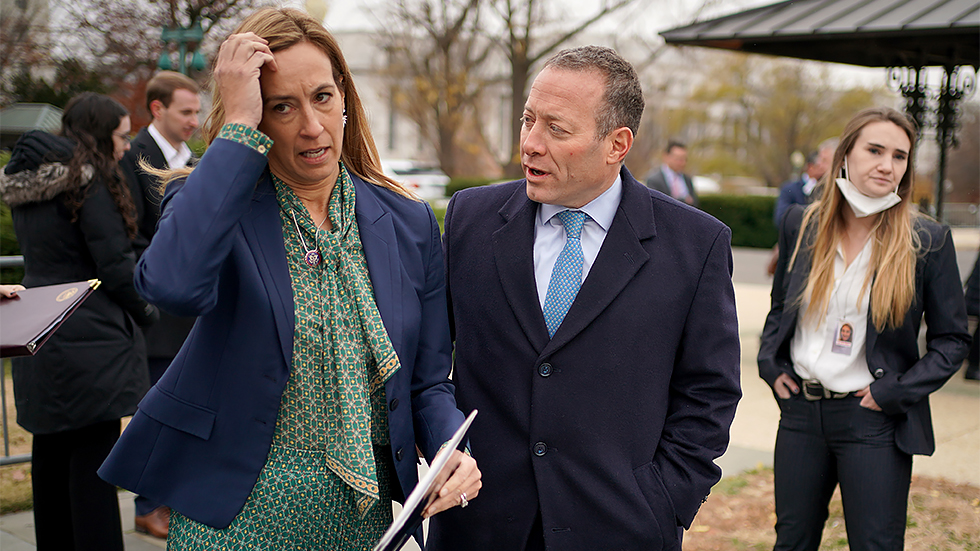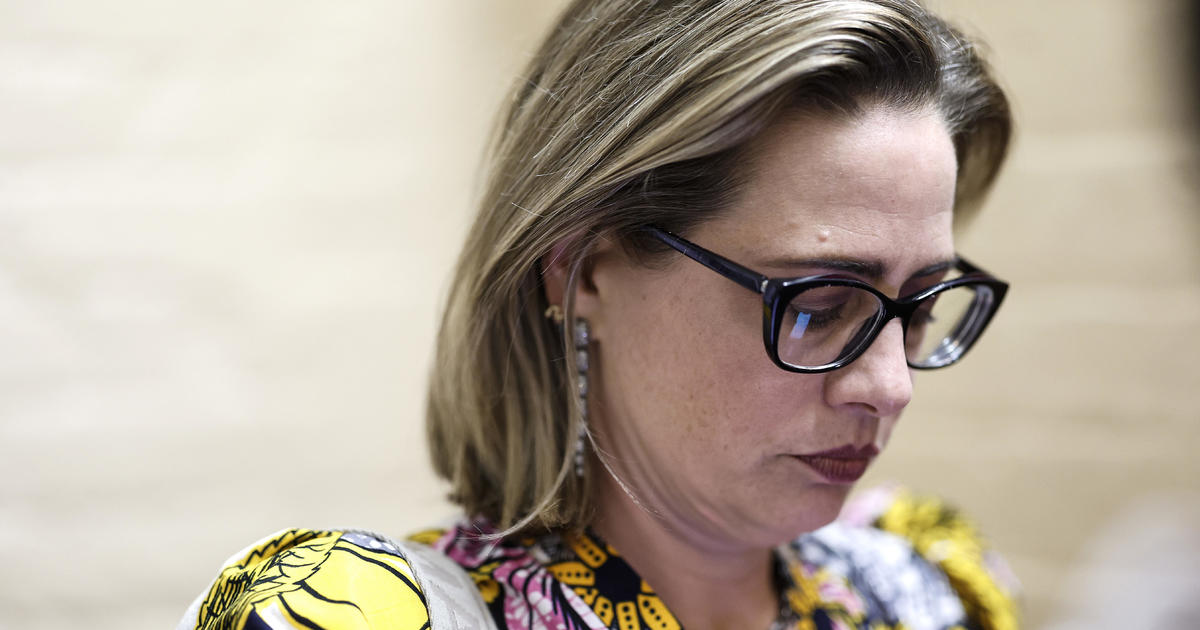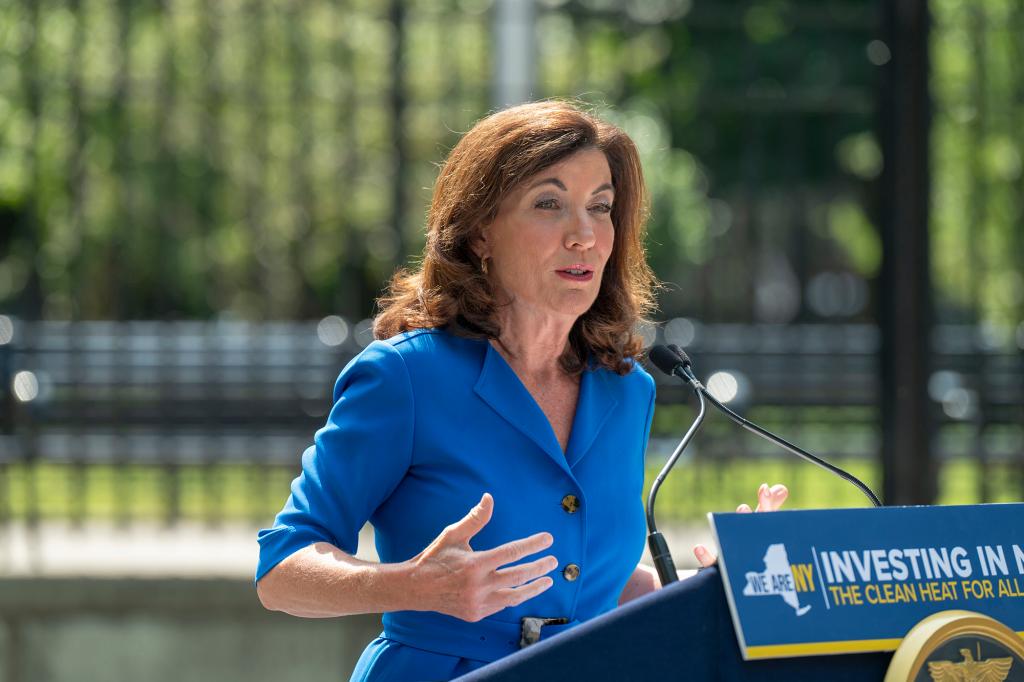The head of the Internal Revenue Service said that the tax collecting agency will “absolutely not” use $80 billion in new funding to step up audits of low- and middle-income Americans.
IRS Commissioner Charles Rettig tried to reassure the US Senate in a recent letter about the 87,000 new agents who will be hired as part of the so-called Inflation Reduction Act.
The legislation includes $45.6 billion for “enforcement-related funds”, which makes up more than half of the appropriations.

“The resources in the reconciliation package will get us back to historical norms in areas of challenge for the agency — large corporate and global high-net-worth taxpayers — as well as new areas like pass-through entities and multinational taxpayers with international tax issues. , where we need sophisticated, specialized teams in place that are able to unpack complex structures and identify noncompliance,” Rettig wrote in the letter.
The letter was first reported by CNBC.

Rettig then added: “These resources are absolutely not about increasing audit scrutiny on small businesses or middle-income Americans.”
He wrote that “our investment of these resources is designed about the Department of the Treasury’s directive that audit rates will not rise relative to recent years for households making under $400,000.”
Last week, the nonpartisan watchdog Joint Committee on Taxation said it anticipates that between 78% and 90% of the estimated $200 billion that the IRS will collect as a result of the bolstered workforce will come from small businesses.
President Biden and the Democratic Party have insisted that Americans earning less than $400,000 annually would not have to pay a cent more in taxes.
But the Joint Committee on Taxation disputes this, saying that between 4% and 9% of the money collected will come from businesses that earn above $500,000 a year.
“The IRS will have to target small and medium businesses because they won’t fight back,” Joe Hinchman, executive vice president at the National Taxpayers Union Foundation, told The Post.
“We’ve seen this play out before … the IRS says ‘We’re going after the rich’ but when you’re trying to raise that much money, the rich can only get you so far.”
Hinchman told The Post that it is easier for the IRS to collect from small- and mid-size businesses since they are less likely to incur legal expenses in order to fight the agency — whereas larger and wealthier companies are much better equipped to do battle.
“The approach here is to double the IRS workforce, take the leash off, and see how much they can collect,” Hinchman adds. “I think they’ll collect it but it will be quite painful.”
Additional reporting by Lydia Moynihan
.

